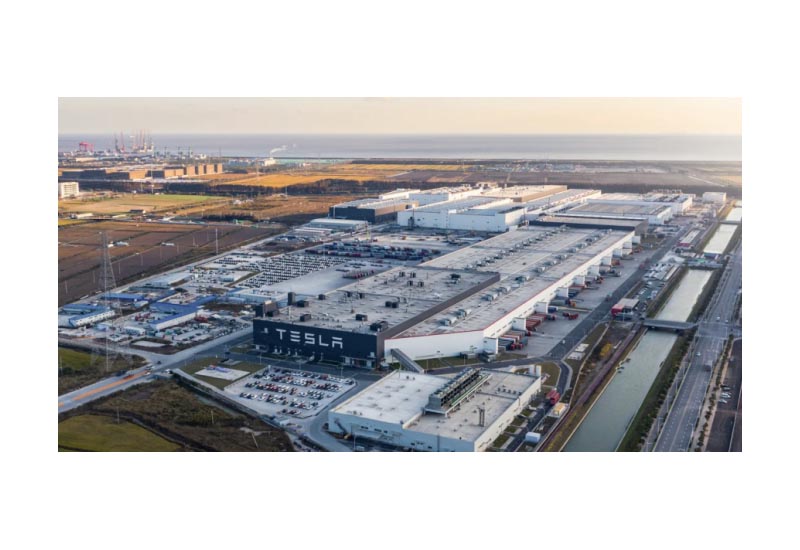Tesla has secured a significant advantage in the European market. EU Commission’s revision of its proposed punitive duties on Chinese-made electric vehicles (EVs) has resulted in a substantially reduced import tariff for Tesla’s China-built cars exported to the European Union.
The EU Commission’s draft decision on countervailing duties for battery electric vehicles (BEVs) from China has brought good news for Tesla. The American EV giant will now face a 9% import duty on its China-manufactured vehicles, a considerable reduction from the initially proposed 20.8%. This adjustment came after Tesla made a “substantiated request” for recalculation based on the specific subsidies it receives in China.
While Tesla emerged as the biggest beneficiary, other manufacturers also saw adjustments to their tariff rates. BYD’s rate dropped slightly from 17.4% to 17%, Geely’s from 19.9% to 19.3%, and SAIC’s from 37.6% to 36.3%. Companies cooperating with the EU’s investigation will face a 21.3% tariff, while non-cooperating entities will be subject to a 36.3% duty.
The revised tariffs reflect the EU’s nuanced approach to addressing the competitive challenge posed by Chinese EV imports. By granting Tesla a significantly lower rate, EU acknowledges the company’s unique position as a U.S. automaker with operations in China. This move also demonstrates the bloc’s willingness to consider individual circumstances while maintaining its overall stance on Chinese subsidies.
These new tariffs are set to take effect by the end of October and will remain in place for five years, pending approval from all 27 EU member states. The implementation process highlights the complex balance the EU must strike between protecting its domestic market and maintaining international trade relations.
The revised tariff structure could significantly impact the European EV market landscape. Tesla’s advantageous position may strengthen its competitiveness against both European and Chinese manufacturers.
As the dust settles on this tariff tussle, it’s clear that Tesla has managed to drive a hard bargain in the EU’s electric avenue.
Related Post: Geely Slams EU’s Planned Anti-Subsidy Tax on Chinese EVs, Calls for Fair Competition
